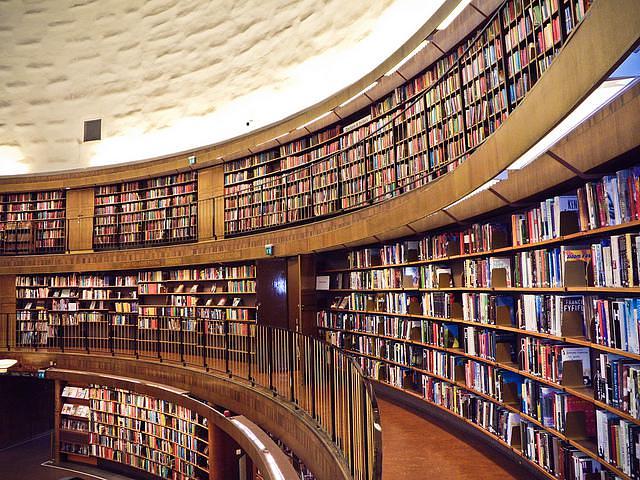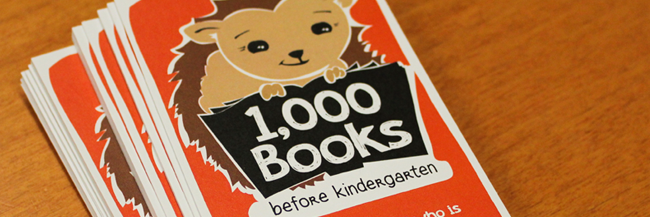

The historian Ibn Abi Tayyi’ describes their palace library, which probably contained the largest collection of literature on earth at the time, as a " wonder of the world". 909–1171) also possessed many great libraries within their domains.

In the 6th century, at the very close of the Classical period, the great libraries of the Mediterranean world remained those of Constantinople and Alexandria. Private or personal libraries made up of written books appeared in classical Greece in the 5th century BC. The first libraries consisted of archives of the earliest form of writing-the clay tablets in cuneiform script discovered in Sumer, some dating back to 2600 BC. The history of libraries began with the first efforts to organize collections of documents.

Main article: History of libraries The Sistine Hall of the Vatican Library French bibliothèque or German Bibliothek). Other modern languages use derivations from Ancient Greek βιβλιοθήκη ( bibliothēkē), originally meaning 'book container', via Latin bibliotheca ( cf. The term library is based on the Latin word liber for 'book' or 'document', contained in Latin libraria 'collection of books' and librarium 'container for books'. The services that libraries offer are variously described as library services, information services, or the combination "library and information services", although different institutions and sources define such terminology differently. Modern libraries extend their services beyond the physical walls of a building by providing material accessible by electronic means, including from home via the Internet. Libraries may also be community hubs, where programs are delivered and people engage in lifelong learning. The library's clientele and services offered vary depending on its type: users of a public library have different needs from those of a special library or academic library, for example. Library buildings often provide quiet areas for studying, as well as common areas for group study and collaboration, and may provide public facilities for access to their electronic resources for instance: computers and access to the Internet. In addition to providing materials, libraries also provide the services of librarians who are trained and experts at finding, selecting, circulating and organizing information and at interpreting information needs, navigating and analyzing very large amounts of information with a variety of resources. A library's collection can include printed materials which can be borrowed, or for reference only (books, documents and other physical publications which are not permitted to leave the library and can only be viewed inside the library) and other physical resources in many formats, such as commercial releases of films, television programmes, other video recordings, radio, music and audio recordings on DVD, Blu-ray, CD and cassette as well as access to information, music or other content held on bibliographic databases.Ī library, which may vary widely in size, may be organized for use and maintained by a public body such as a government an institution such as a school or museum a corporation or a private individual. A library provides physical (hard copies) or digital access (soft copies) materials, and may be a physical location or a virtual space, or both. For other uses, see Library (disambiguation).Ī modern reading room in the State and University Library, DenmarkĪ library is a collection of materials, books or media that are accessible for use and not just for display purposes.


 0 kommentar(er)
0 kommentar(er)
